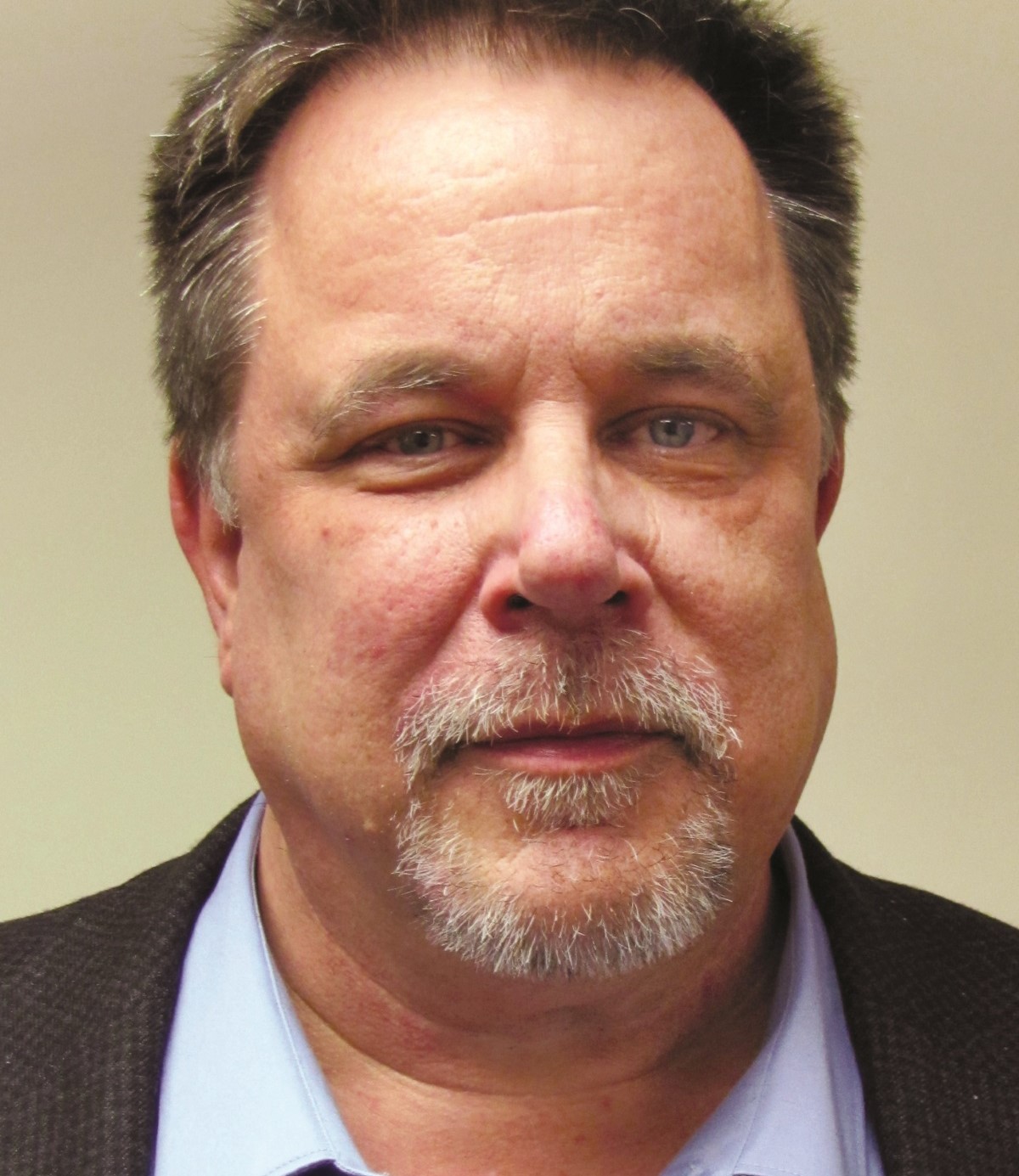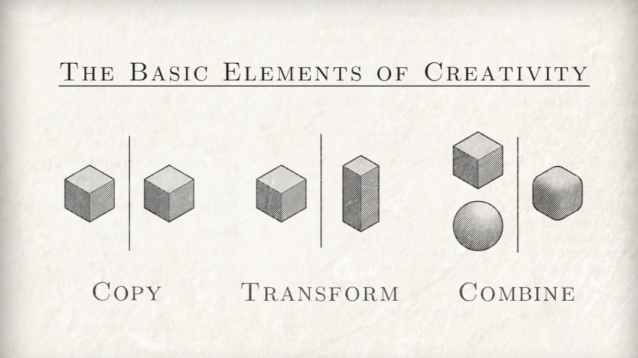The Pendulum Swing of Collective Impact
Collective Impact is all the rage. In my field, everyone is studying it, doing it, and lauding its virtues. Its birth is sourced from an article written a few years back in the Stanford Social Innovation Review by John Kania and Mark Kramer. The brilliance of this initial article, simply titled, Collective Impact, isn’t because it’s full of new ideas or because the authors identified a way of working that no one had considered before. Instead, their article offers an approach to largescale collaboration that is in effect a convergence of proven practice that they found in various places along the broad and complex landscape of social challenges.
Read More







